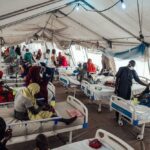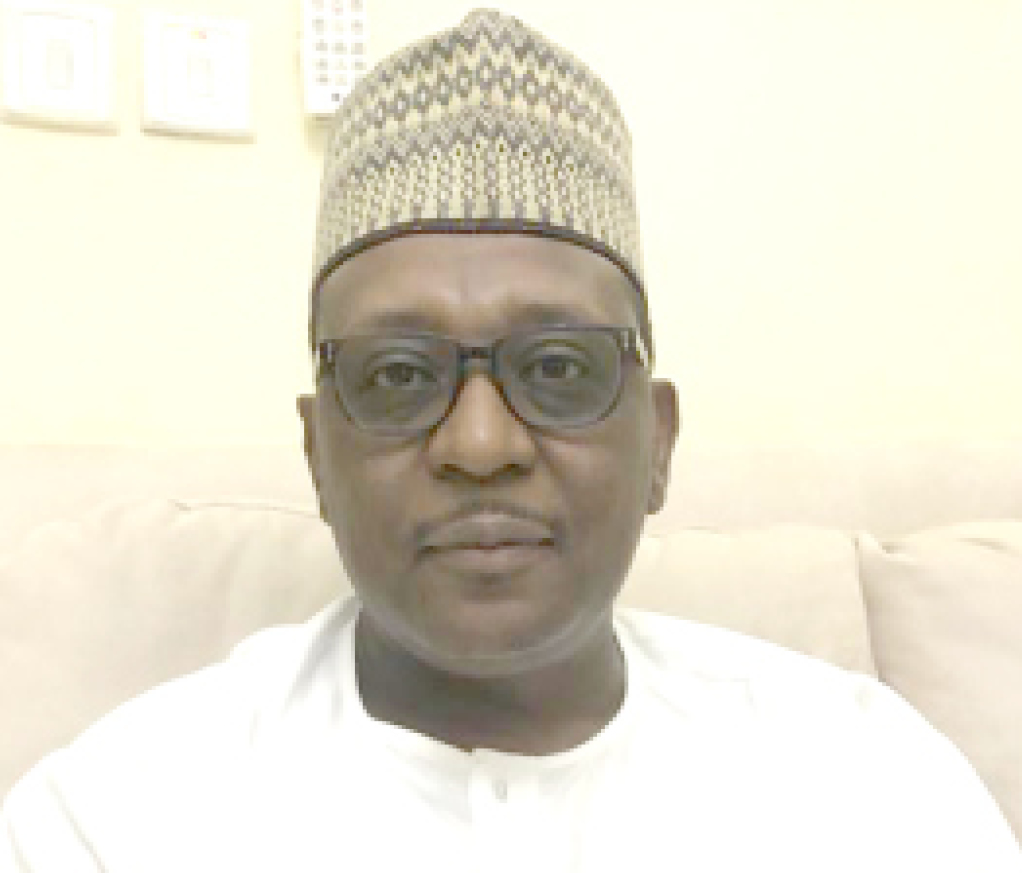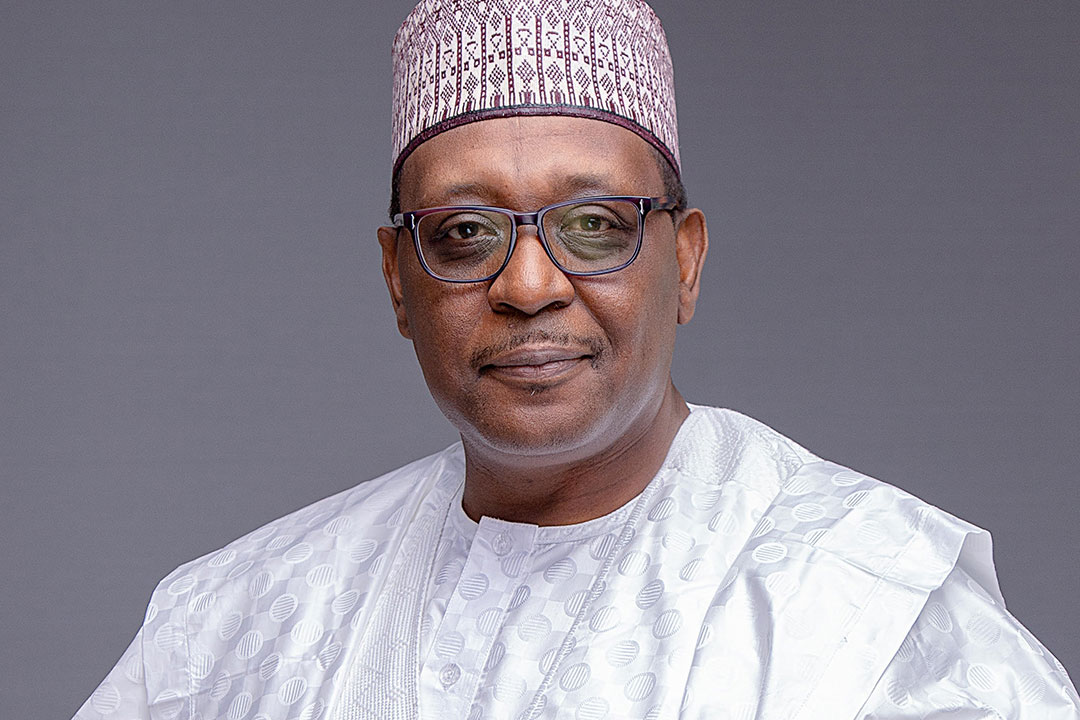Federal Government Pledges to Fortify Health Workforce Amidst Rising Brain Drain

Minister of Health and Social Welfare outlines strategies for workforce rehabilitation and universal health coverage at stakeholders’ meeting in Abuja.
In response to the escalating challenge of brain drain in the health sector, the Minister of Health and Social Welfare, Prof. Ali Pate, has affirmed the Federal Government’s commitment to strengthening the workforce. The minister emphasized that efforts would be directed towards rehabilitating the healthcare workforce and services, aiming to achieve universal health coverage (UHC).
Speaking at a two-day stakeholders’ meeting organized by the Medical Rehabilitation Therapists (Registration) Board of Nigeria, the minister, represented by Dr Okpikpi Okpako, the Director of Regulatory Bodies and Professional Schools Division, highlighted the significance of integrating the World Health Organization’s Rehabilitation Agenda 2030. The theme of the event, “Implementation of Rehabilitation 2030 Agenda in Nigeria: Training, Practice, and Regulation,” underscored the importance of addressing brain drain challenges and enhancing access to rehabilitation services.
Acknowledging the impact of brain drain on the entire healthcare workforce, Prof. Ali Pate expressed concern about the alarming trend in physiotherapy, where qualified Nigerians are continually drawn abroad, leading to the depletion of skilled professionals. He stressed the urgency of transforming Nigeria’s healthcare system, indicating that significant steps have already been initiated by the current government.
Addressing the participants, Prof. Ali Pate urged them to strategize on ways to enhance rehabilitation services and implement resolutions from the Rehabilitation 2030 Agenda, ultimately integrating them into the broader framework of Universal Health Coverage.
Prof. Rufai Ahmad, the Registrar and Chief Executive Officer of MRTB, emphasized the importance of engaging stakeholders to initiate discussions on rehabilitation practices, regulations, and training. This collaborative effort, he noted, would pave the way for the implementation of the Rehabilitation 2030 Agenda.
The Chairman of the National Tertiary Health Standard Institution Standard Committee affirmed their commitment to supporting policies that strengthen rehabilitation services. He expressed eagerness to incorporate standards set by stakeholders into their monitoring and evaluation processes, emphasizing that tangible actions would follow the discussions.
Prof. King David, representing the Executive Secretary of the National Universities Commission, assured attendees of the NUC’s commitment to training rehabilitation workers. He outlined the NUC’s capabilities in regulating, retraining, and partnering on academic content, curriculum development, accreditation, and monitoring and evaluation.
The stakeholders’ meeting witnessed the presence of academia representatives, regulatory bodies, and officials from Ministries, Departments, and Agencies. As Nigeria grapples with the challenge of brain drain, collaborative efforts such as these aim to fortify the healthcare workforce and ensure that rehabilitation services align with global health agendas.



